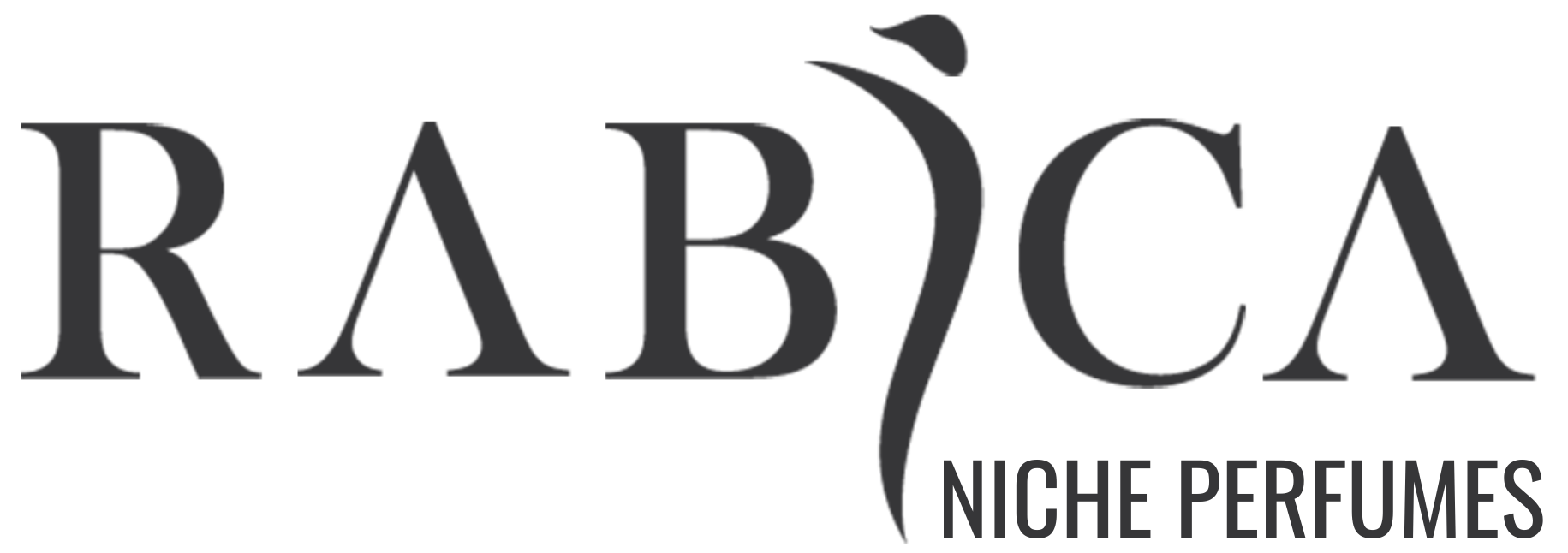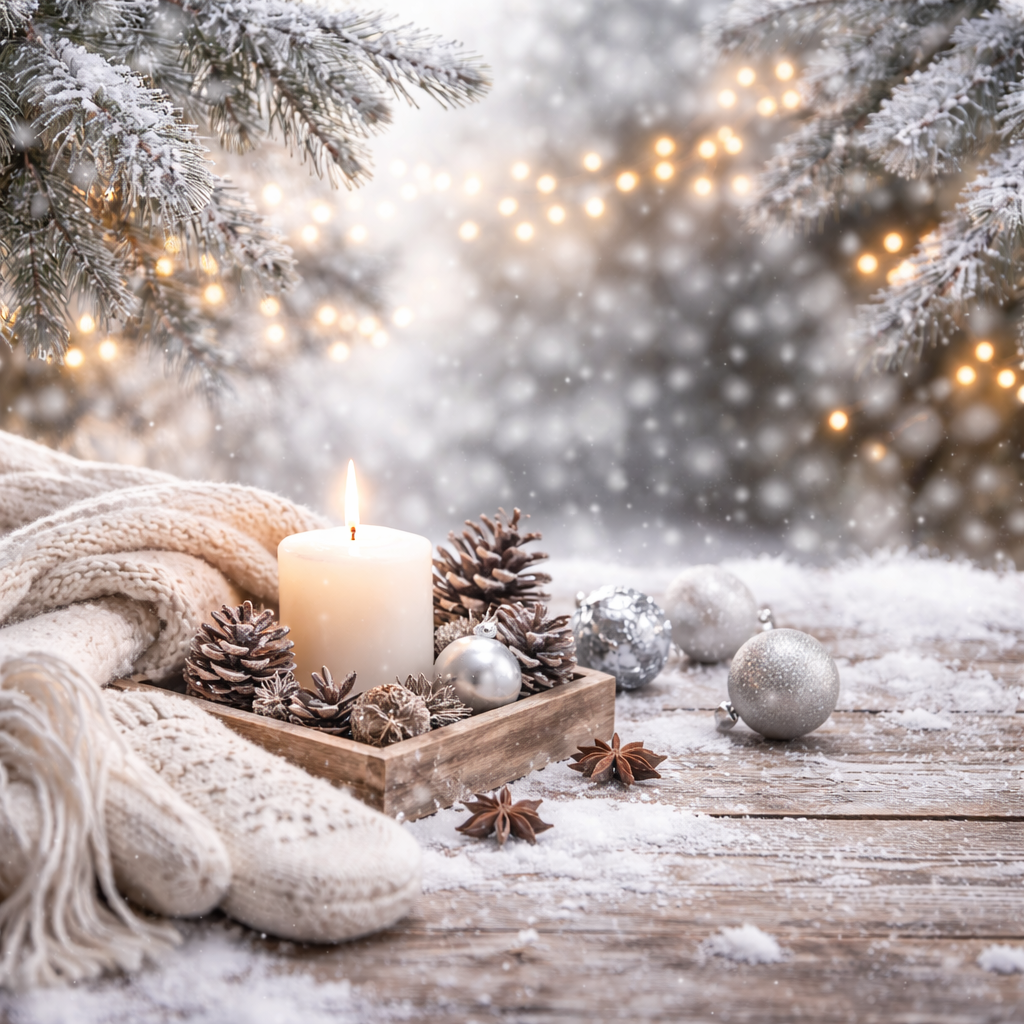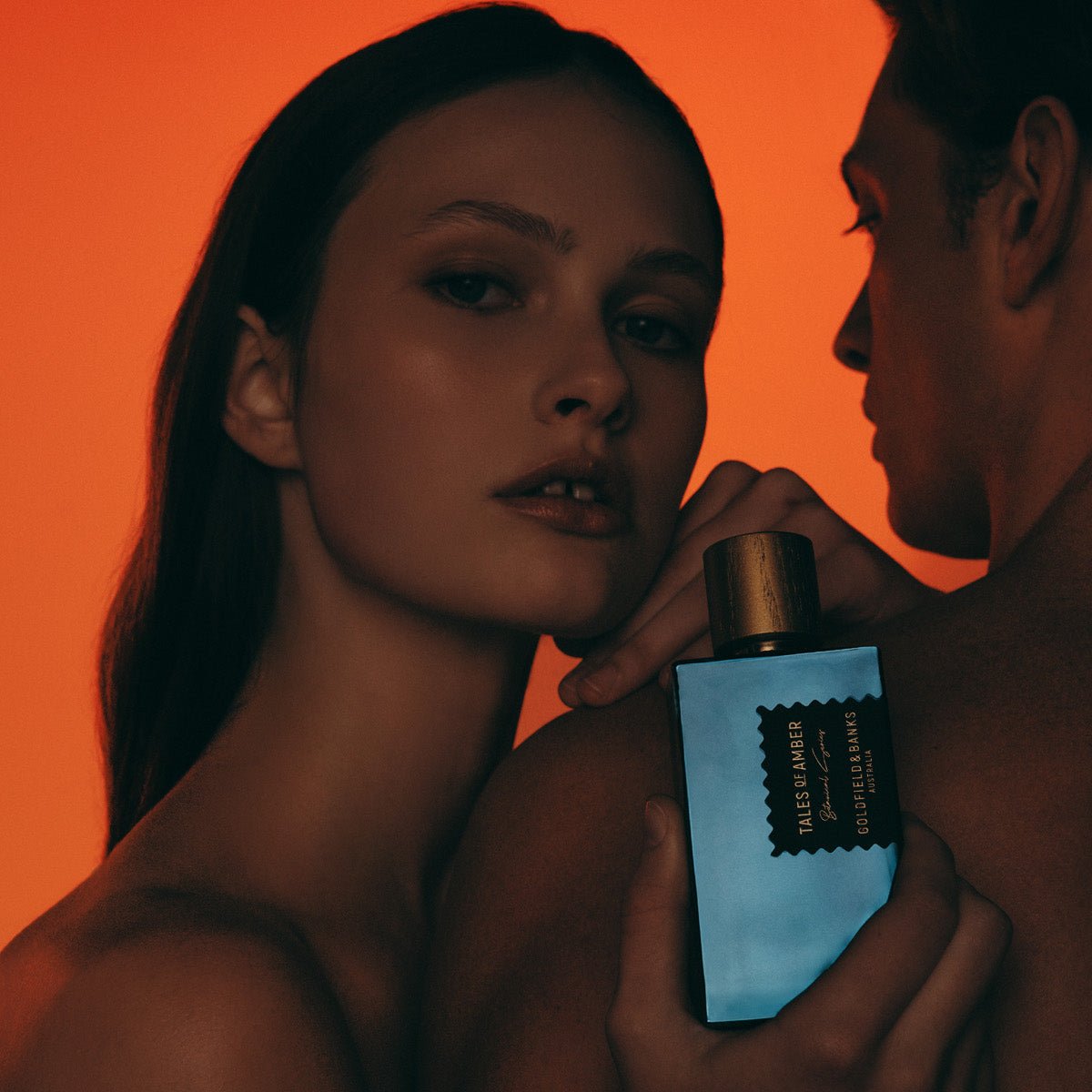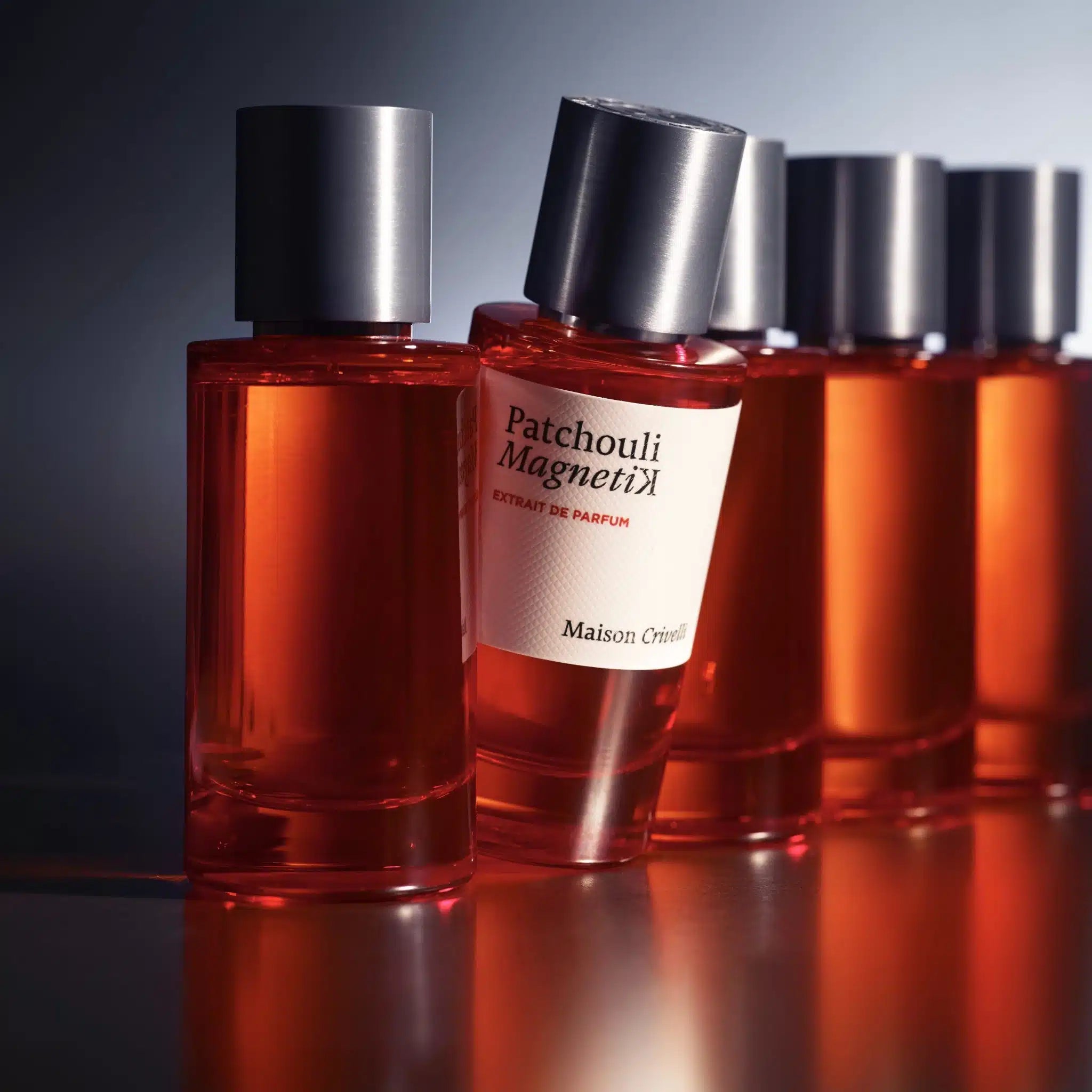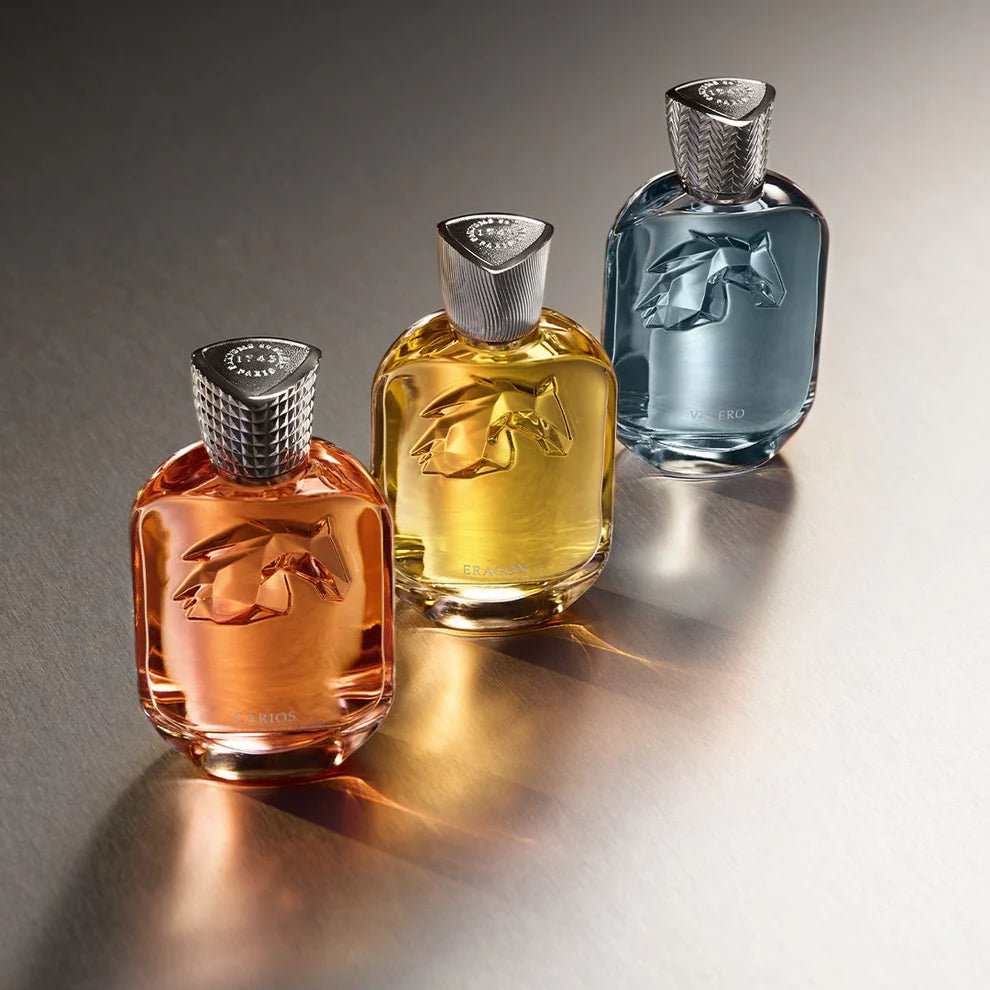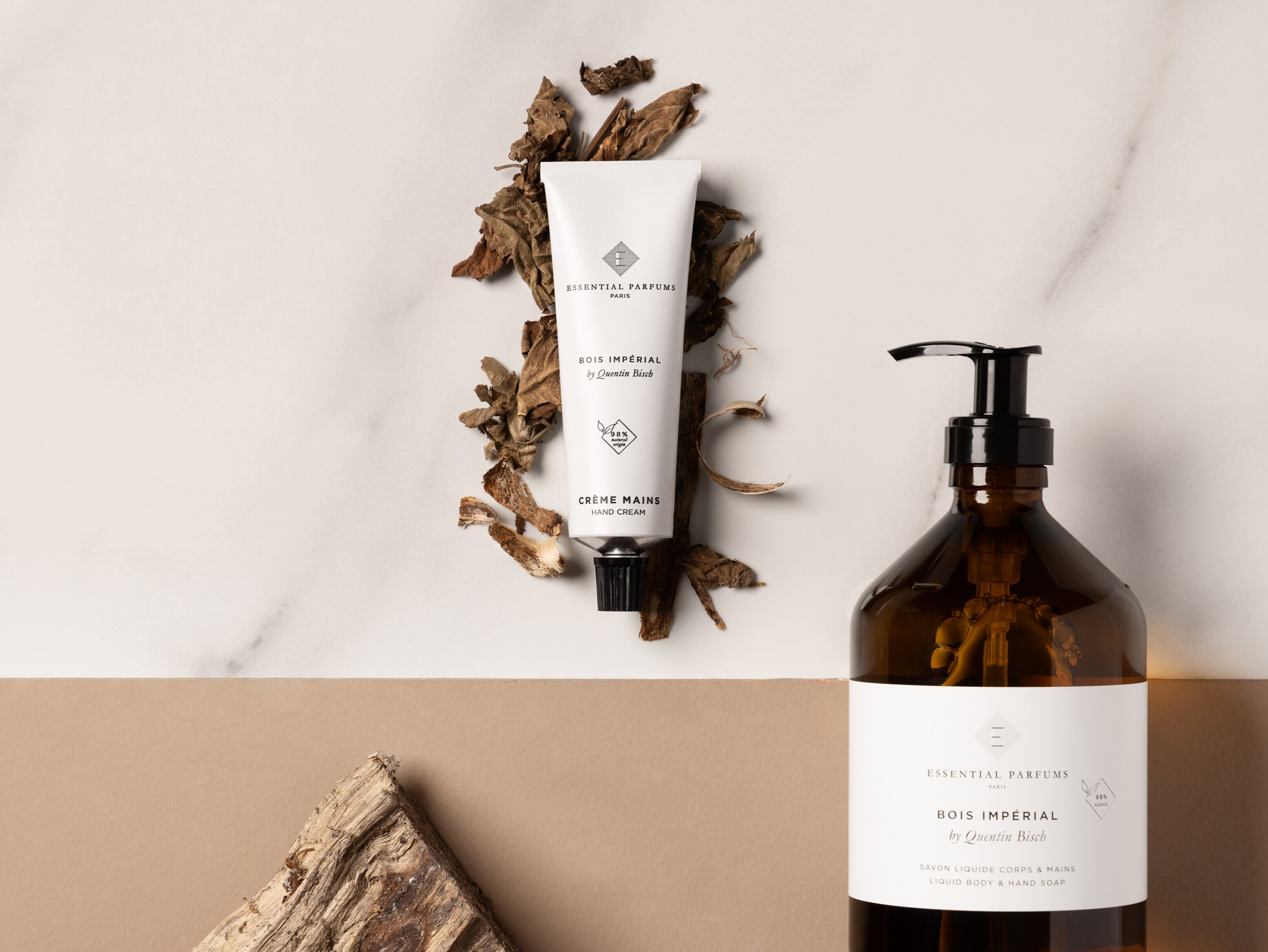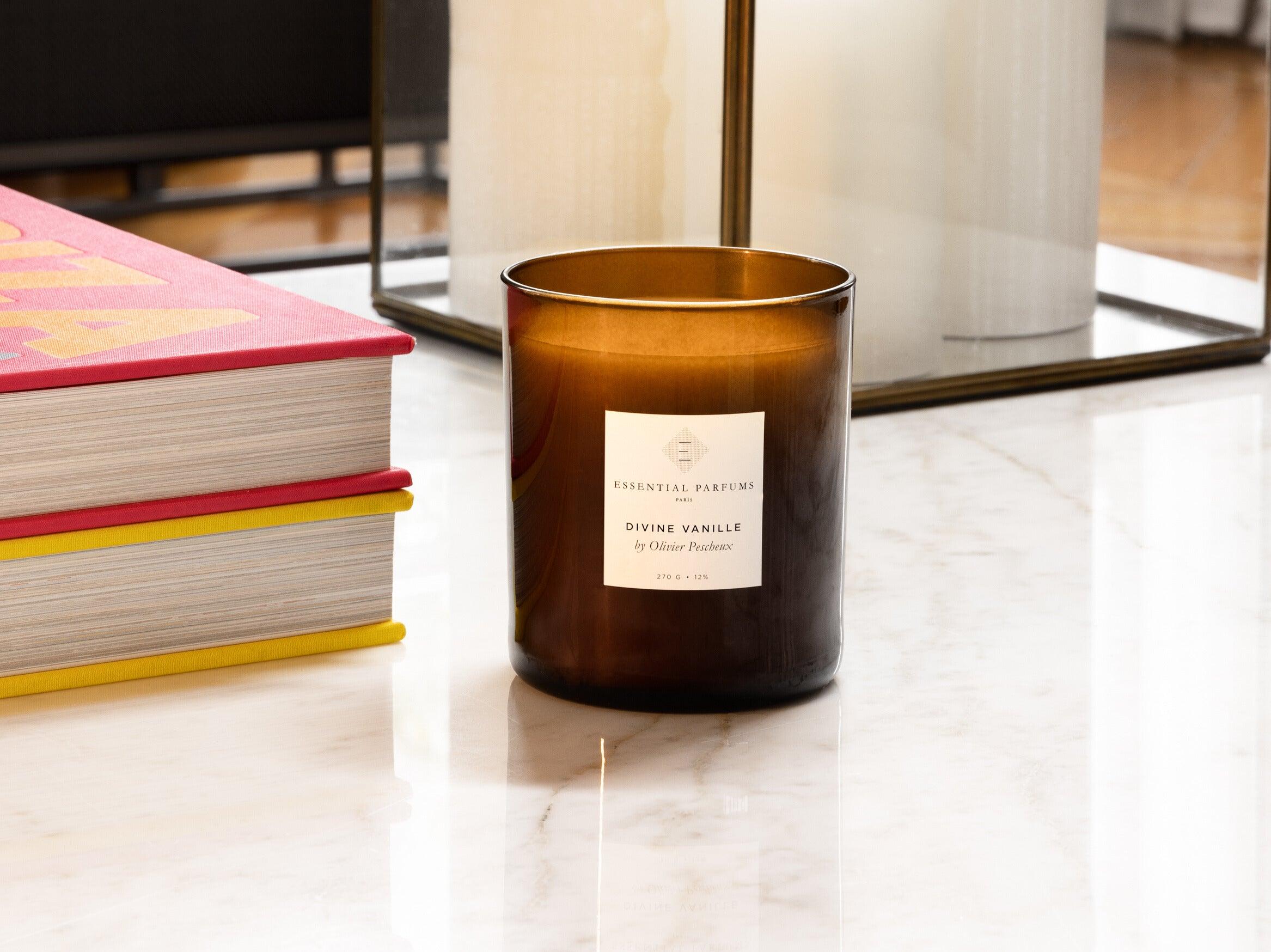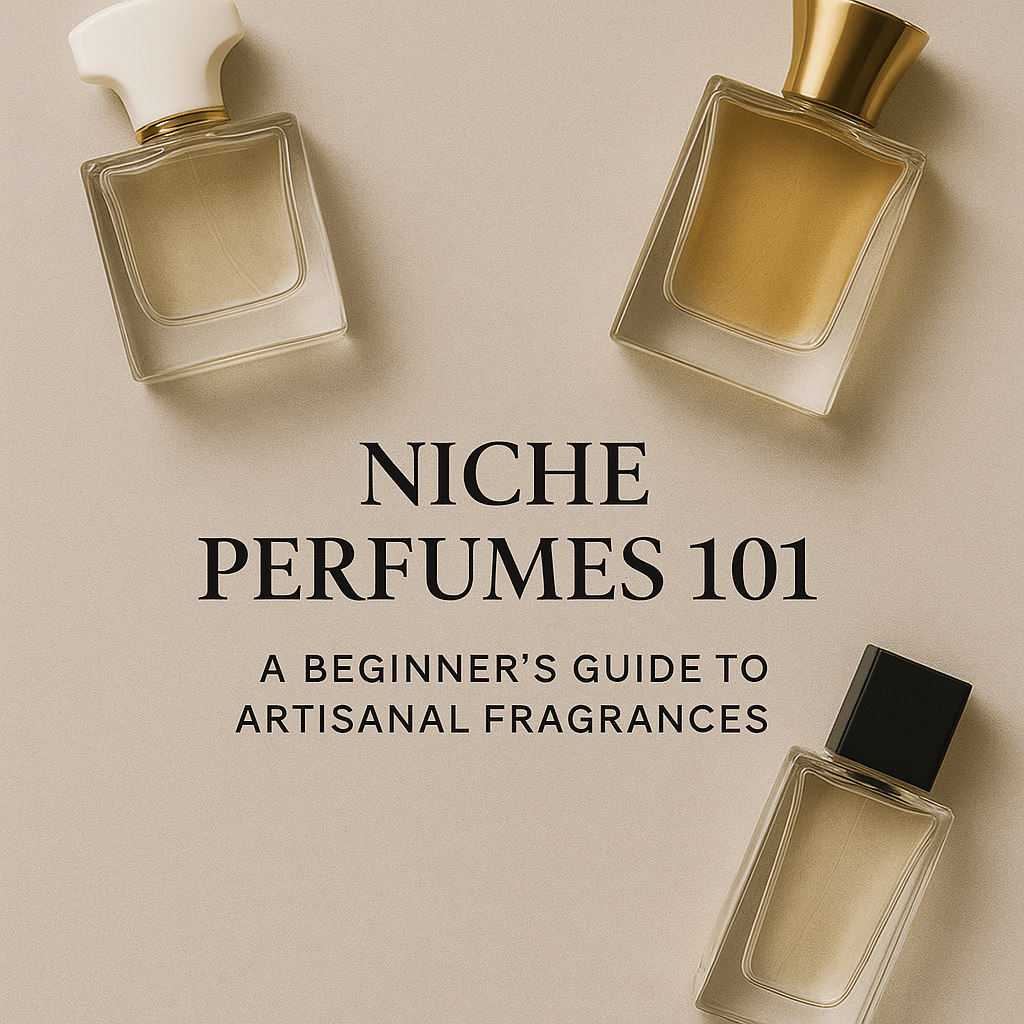
Niche Perfumes 101: A Beginner’s Guide to Artisanal Fragrances
So, you’ve fallen down the fragrance rabbit hole, or maybe you’re just starting to peek in. Either way, you’ve probably seen the word “niche” thrown around in perfume communities, TikTok recommendations, and high-end fragrance shops. But what exactly is a niche fragrance? And what makes it different from everything else out there?
This guide is here to demystify niche perfumery, whether you're new to the world of scents or already a collector wanting to deepen your knowledge.
1. What Is a Niche Fragrance?

Unlike mass-market or designer perfumes made for wide appeal and global distribution, niche perfumes are created by smaller, independent brands that focus on artistry, uniqueness, and quality ingredients over commercial trends. These fragrances are usually produced in limited batches, often with a signature or experimental twist that sets them apart.
Think of it like this: if designer perfume is fast fashion, niche is haute couture, created for expression, not just profit.
Key traits of niche perfumes:
- Often use rare or high-quality raw materials
- Focused on originality and creativity
- Less about crowd-pleasing; more about telling a story
- Smaller production runs, sometimes even limited editions
- Usually sold in select boutiques or specialty shops (like Rabica.ca)
2. Niche vs. Designer: What's the Difference?

At first sniff, you might not think there’s much of a difference — but let’s break it down.
Designer Fragrance:
Brands like Dior, Chanel, and YSL are considered designer houses. Their scents are widely available, often more affordable, and crafted to appeal to a wide range of people. They tend to follow seasonal trends and are heavily marketed.
Niche Fragrance:
Houses like Parfums de Marly, Ex Nihilo, and Maison Crivelli cater to a more fragrance-savvy crowd. They experiment with unique ingredients (think: saffron, fig milk, or seaweed absolute) and take more risks with structure and longevity. They're less about “smelling good to everyone” and more about creating an experience.
3. Why People Fall in Love with Niche Perfumes

Once you start exploring niche scents, it's hard to go back. Here’s why:
- Exclusivity: You’re less likely to run into someone wearing the same fragrance.
- Performance: Many niche fragrances are extrait or EDP concentration, giving them stronger longevity and richer dry-downs.
- Identity: These scents can feel more you. They’re not just perfumes — they’re personal statements.
4. How to Start Exploring Niche Perfumes

It can feel overwhelming at first, but here’s how to start:
- Sample before buying. Many niche fragrances are pricey. Try sample sets or decants to explore before committing
- Start with accessible houses. Brands like Mancera, Goldfield & Banks, or Essential Parfums offer great entry points into niche.
- Don’t be afraid to take risks. You might end up loving a creamy fig scent or salty ambergris more than you'd expect.
- Pay attention to notes you enjoy. If you like citrus or florals, look for niche versions that elevate those notes in unique ways.
5. Final Spritz
Whether you're dipping your toes into niche perfumery or already deep in the world of extrait-only elegance, understanding what makes a fragrance niche helps you appreciate it so much more. These scents aren’t just products, they’re crafted experiences, bottled stories, and artistic expressions.
Ready to explore the world of niche? Start with our curated selection at Rabica.ca, where discovery meets sophistication.
